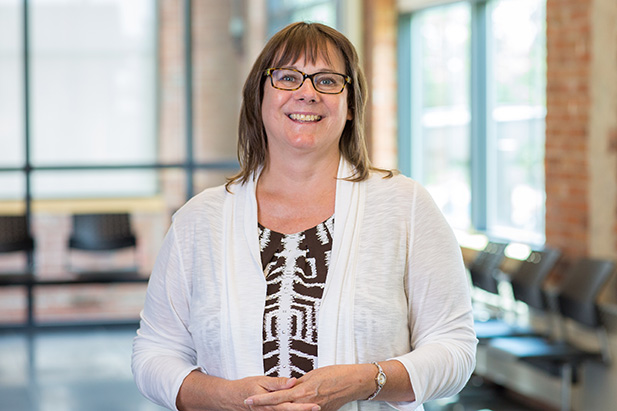New research on countering right-wing extremism in Canada
University researcher Barbara Perry, PhD, says issue has ‘flown under the radar’
August 14, 2017

In the face of renewed domestic and international incidents of right-wing extremism, University of Ontario Institute of Technology hate crime expert Barbara Perry, PhD, has co-authored a new research paper outlining strategies to disrupt the growth and sustainability of those groups.
Dr. Perry, Professor with the university’s Faculty of Social Science and Humanities, along with research colleague Ryan Scrivens at Simon Fraser University in Burnaby, British Columbia, propose a series of initiatives in a new article published in the Canadian Journal of Criminology and Criminal Justice (CJCCJ).
- Link to the CJCCJ publication: Resisting the Right: Countering Right-Wing Extremism in Canada
“The stereotype in Canada is that we are a respectful and polite society,” says Dr. Perry. “But we are not immune to pockets of activity across the country that promote ideologies that are racist, homophobic or nationalistic. Some of these groups are highly organized and many are vocal. And we are seeing an increase in the number of violent attacks.”
Dr. Perry says there has been little research to date on right-wing extremism in Canada, perhaps because many Canadians don’t realize there’s an undercurrent of activity.
“Before these groups develop stronger roots, we believe proactive counter-initiatives are required,” says Dr. Perry. “We have consulted community organizations, law enforcement leaders as well as right-wing activists, to put a barometer on what’s happening out there. The foundations of right-wing extremism are complex and multifaceted, grounded in both individual and social conditions. It follows that counter-extremist initiatives be multidimensional and multi-sectoral, building on the strengths and expertise of diverse sectors such as law enforcement, education, social services, public health, youth workers, and victim service providers, to name a few.”
The paper suggests prevention strategies to exploit identified patterns inherent in right-wing extremist groups and their environments. Intervention in recruitment is key, as are tactics to help individuals already involved in extremist groups to exit.
“The first step is for policy makers and practitioners to acknowledge the threat and to engage in public dialogue around this brand of extremism,” says Dr. Perry. “Extremism has generally flown under the radar in Canada, which is one of the reasons it has been so easily exploited in the current climate.”
Media contact
Bryan Oliver
Communications and Marketing
Ontario Tech University
905.721.8668 ext. 6709
bryan.oliver@uoit.ca



